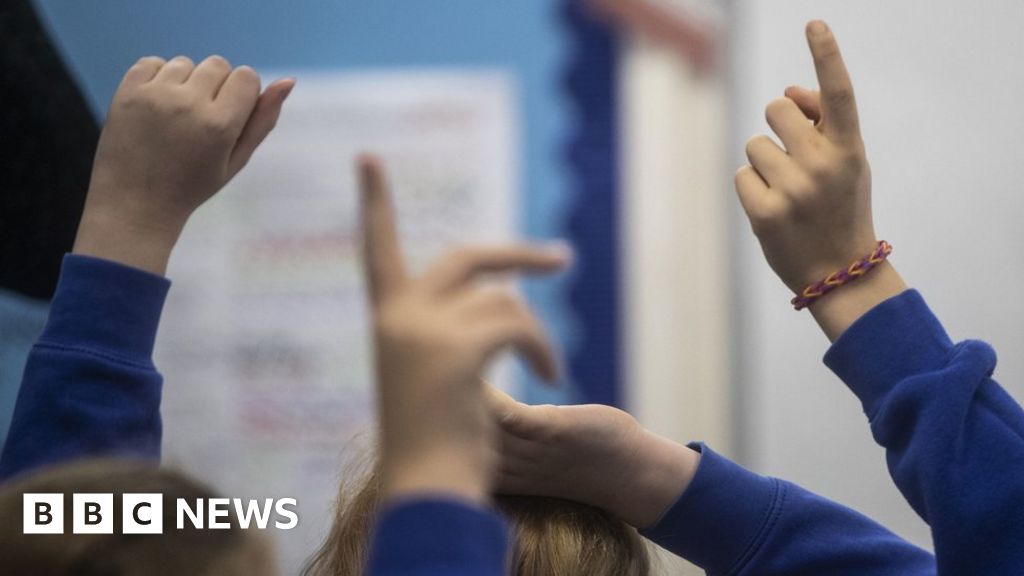Don’t they understand that the problem with our education system is not that it doesn’t teach useful real world things - it’s that it’s so crushingly dull that it destroys any natural curiosity that kids have. This proposal will make that worse.
Plus the standardised testing, plus the reliance on the falsehood that memorisation of facts = education, plus the terrible student to teacher ratio, plus the hostile classroom environment which leads to bullying, plus the complete disregard for individual learning styles and forcing 1-hour lessons and constant switching of topics…
Yeah, there’s a lot more wrong with the education system than it looks like labour have plans to fix.
They will still get my anti-tory vote, and to them that’s all that matters, but they won’t get my pro-labour vote with this as it’s clear that real education reform is still a lost cause.
That seems to be the goal, though.
household budgeting, currency exchange rates when going on holiday, sports league tables and cookery recipes.
One of the reasons kids can find math so dull is because it’s not taught with enough relation to the real world. Maths teaching is often reduced to only doing sums for the sake of doing sums, which is not going to be interesting with most kids.
What makes maths interesting is how it can be used to understand there working of the real world, and if that connection isn’t made it’s very hard to create a lasting interest in maths among students.
Sorry, I posted a reply to your comment in the main feed rather than to you. Back to school for me!
so crushingly dull that it destroys any natural curiosity that kids have
You are right. Children have a much earlier start to school in the UK compared to other countries. This cuts short the time of their “play-based” development. By Year 1 (about 5-6) children in UK primary schools are sat at desks and taught in quite bizarre ways. From Reception (ages 4-5) they are tested continuously to a point where UK children are the most tested children in the Western World. Other, more successful countries (educationally and economically) don’t do this. We have a weird, damaging obsession with testing children and placing them into hierarchies in this country. When testing becomes the purpose and goal of an education system it is, as you say “so crushingly dull”.
Have you heard of democratic schools? They sound really interesting to me. We were considering home ed for our son for a variety of reasons but ultimately started school at the start of year 1. But democratic schools for me seem to strike that balance between the two systems.
Which countries are you referring to out of interest?
This is the best summary I could come up with:
Shadow education secretary Bridget Philipson will say in a speech that children as young as four should learn financial literacy - including budgeting and currency exchange rates.
Labour say poor maths skills in childhood can embed problems that last into adulthood, such as the inability to analyse basic graphs and calculate the value of supermarket offers.
An OECD estimate from 2016 found that nine million working-age adults in England had low basic literacy or numeracy skills - costing the economy £25bn a year.
As part of a pre-planned review of the school curriculum, Labour said it would direct teachers to show children how numeracy is used in the world around them.
Pupils will be taught through maths concepts through household budgeting, currency exchange rates when going on holiday, sports league tables and cookery recipes.
Latest numbers show about 25% of kids do not meet the expected maths level by the end of primary school.
The original article contains 331 words, the summary contains 154 words. Saved 53%. I’m a bot and I’m open source!







